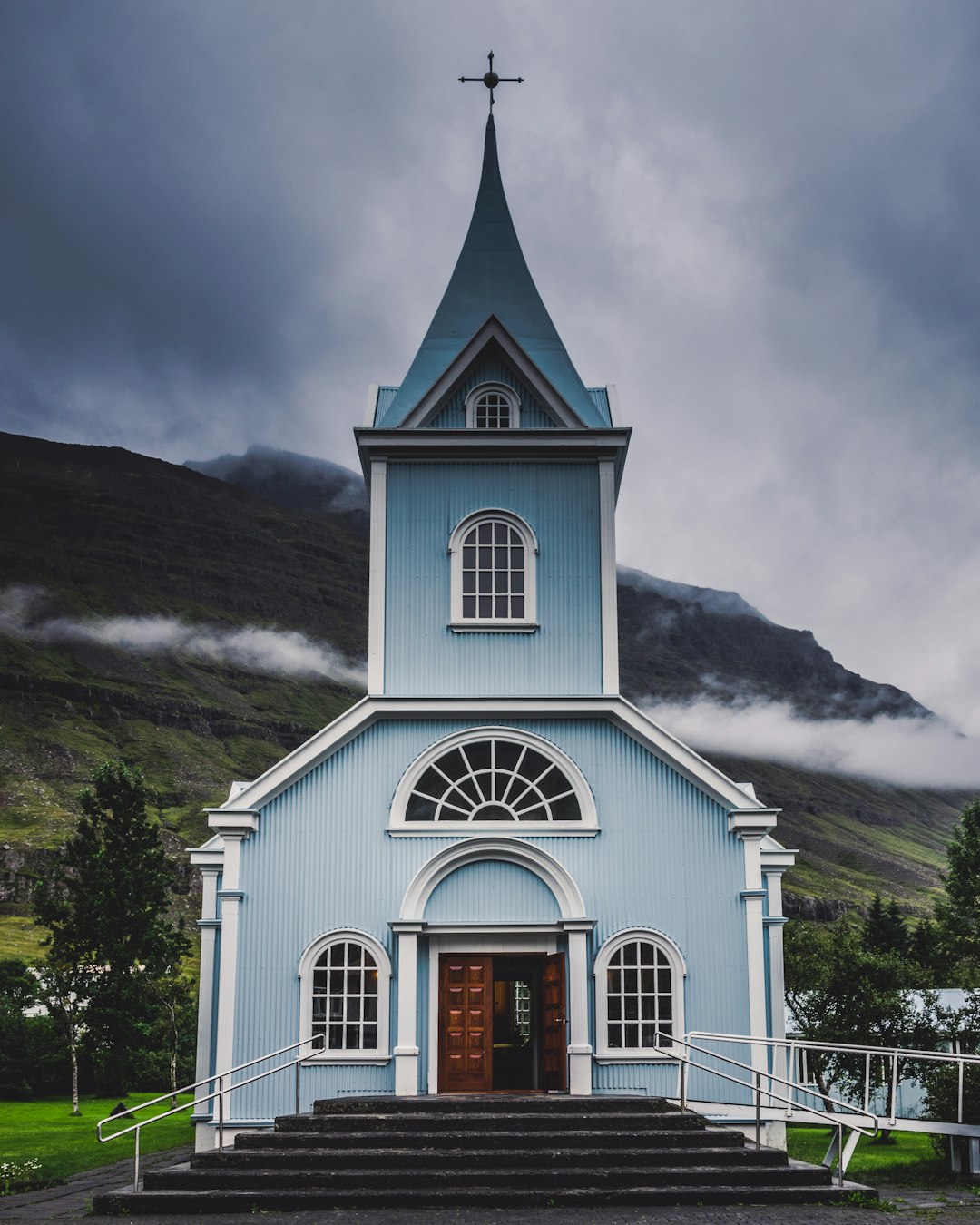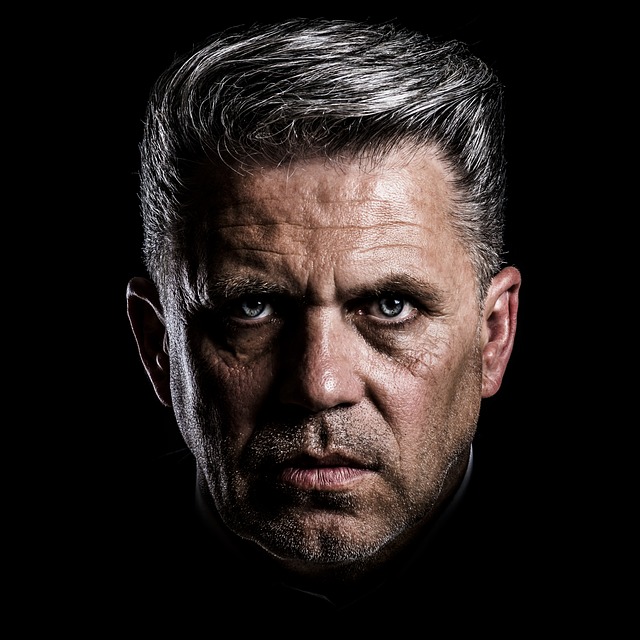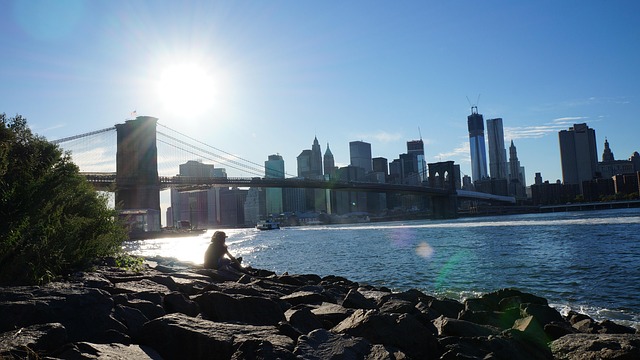In New York, clergy abuse lawsuits are complex legal matters with significant impact on victims, often involving sexual misconduct or other abuse by religious leaders. Specialized clergy abuse lawyers navigate these intricacies, protect rights, and ensure fair treatment under state laws and guidelines, including statute of limitations, evidence admissibility, and privacy concerns. New York courts actively address these cases, providing safe spaces for justice and healing while balancing confidentiality with transparency using strategies like pseudonyms and sealed records. A specialized clergy abuse lawyer in New York is crucial for navigating legal complexities and ethical standards, offering vital support during this challenging process.
In New York, clergy abuse lawsuits shed light on sensitive issues within religious communities. Understanding these legal proceedings is crucial for both victims seeking justice and the broader public interested in privacy dynamics. This comprehensive article delves into New York’s legal landscape, focusing on confidentiality concerns in clergy abuse cases. We explore how attorneys specializing in clergy abuse play a pivotal role in navigating complex legal and ethical waters, ensuring victims’ rights while maintaining appropriate privacy. By examining these aspects, we aim to empower individuals affected by such abuses and highlight the expertise of a clergy abuse lawyer in New York.
Understanding Clergy Abuse Lawsuites: A Comprehensive Look at New York's Legal Landscape
In New York, clergy abuse lawsuits have gained significant attention due to their intricate legal nature and profound impact on victims. These cases often involve allegations of sexual misconduct or other forms of abuse committed by religious leaders within their communities. Understanding the legal landscape is crucial for both potential plaintiffs seeking justice and clergy members facing accusations. A specialized clergy abuse lawyer in New York is essential to navigate this complex terrain, ensuring that rights are protected and that all parties involved receive fair treatment under the law.
The state’s legal system has developed specific guidelines and precedents to handle these sensitive matters. Laws such as those regarding statute of limitations, evidence admissibility, and privacy concerns shape the course of clergy abuse lawsuits. New York courts have been proactive in addressing these cases, recognizing the unique challenges faced by victims who may have experienced trauma and fear within their religious communities. This comprehensive legal framework aims to provide a safe space for individuals to come forward, seeking justice and healing.
Confidentiality Concerns: Balancing Justice and Privacy in Clergy Abuse Cases
In New York, the handling of clergy abuse lawsuits raises significant confidentiality concerns. While victims deserve justice and accountability, privacy rights must also be respected. This delicate balance is essential to foster trust in the legal system and encourage individuals to come forward with their stories.
Clergy abuse lawyers in New York play a crucial role in navigating this complex landscape. They strive to protect their clients’ identities while ensuring transparency in court proceedings. Strategies include using pseudonyms, sealed records, and limited disclosure to safeguard sensitive information. These measures aim to uphold the integrity of the case without compromising the privacy of those involved.
The Role of a Clergy Abuse Lawyer in Navigating Complex Legal and Ethical Waters in New York
In the sensitive and complex landscape of clergy abuse lawsuits in New York, a dedicated clergy abuse lawyer plays an instrumental role in navigating both legal and ethical waters. These attorneys are equipped to handle cases involving allegations against religious leaders, ensuring that justice is served while respecting the privacy and dignity of all parties involved. They possess extensive knowledge of state laws and regulations pertaining to such cases, enabling them to provide robust legal representation.
A clergy abuse lawyer in New York guides clients through intricate procedural matters, complex evidentiary rules, and potential ethical dilemmas. They advocate for their clients’ rights while maintaining confidentiality, which is often a central concern in these sensitive cases. By balancing the pursuit of justice with the need to protect vulnerable individuals and maintain the integrity of religious institutions, these legal professionals offer crucial support during what can be an arduous and emotional process.





